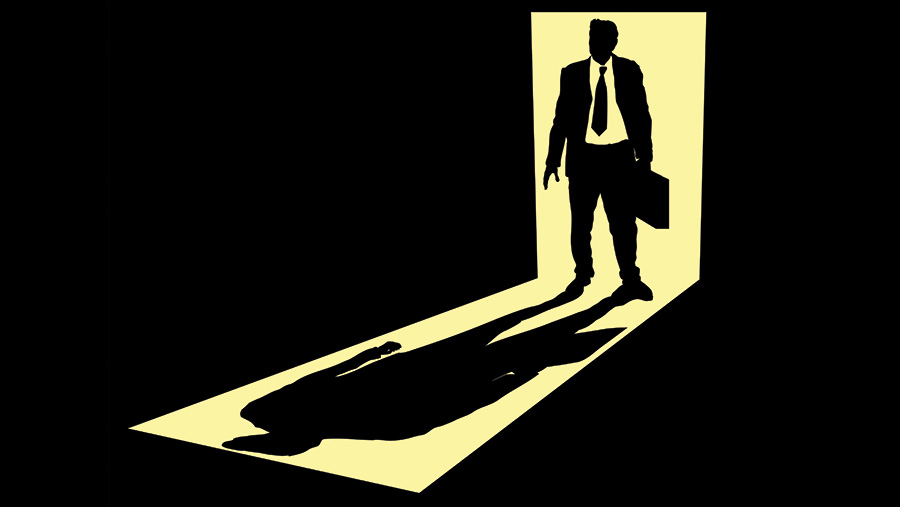Get your VAT affairs in order in case HMRC comes calling
 © Monkey Business/Rex/Shutterstock
© Monkey Business/Rex/Shutterstock VAT inspectors can turn up at your door unannounced – or at short notice – so having your business affairs complete and up to date throughout the year is essential.
Filing your VAT return incorrectly can incur hefty penalties. HMRC will not fine you the first time you are late to submit your paperwork, or pay your VAT, but the second offence will usually incur a penalty amounting to 2% of the outstanding amount, 5% if a third offence is committed, 10% for a fourth and 15% after that.
This may not seem like a serious problem if you are in a position to repay, as no late filing penalty would apply. However, if you suddenly found yourself in a position to pay in one VAT return period, after a series of late filings of repayment returns, you could be subject to a significant and unwelcome penalty for being late with that payment or VAT return.
It is best to avoid such problems by making sure you submit your return online with a week or more to spare.
Common VAT mistakes
The most common error the VAT inspector finds on visits is missing or incorrect paperwork. If your business has purchased an expensive piece of farm equipment but you cannot find the VAT invoice, the inspector is entitled to issue an assessment to go back through your VAT history.
 David McGeachy
David McGeachy
Partner at accountant Saffery Champness
The inspector can go back up to four years, so missing paperwork could create a suspicion that there may be other errors in your records – and proving you have the correct paperwork may be an onerous exercise.
Remember that suppliers do go out of business, so it is not necessarily easy to obtain a replacement invoice after the original purchase took place.
Incorrectly putting private use items down as business use is another common problem. VAT on purchases used partly for private purposes are normally not fully recoverable.
See also: VAT payable on full cost of temporary farmworkers warn advisers
Repairs to a farmhouse are a classic example. There is a widely held belief that 70% of the repair costs on all farmhouses are recoverable as relating to the farming activity.
In fact, HMRC believes the figure should be 70% at the most, but much less for part-time farming or an extension or alteration to the farmhouse.
How to prepare for VAT inspector visits
- Although VAT inspectors can inspect a business at any time, HMRC will usually contact you with seven days’ notice to arrange a visit. You can ask to delay the visit and there are a number of things you can do to make the inspection go more smoothly:
- Contact the inspector to ask precisely what they will want to see.
- Have your VAT and other tax files and accounts properly organised – first impressions matter. Where you don’t have a VAT invoice for an item, ask the relevant supplier to issue you with one.
- Where you don’t have an answer to a question, say you will find out the answer and respond as soon as possible.
- VAT inspectors are sticklers for the treatment of cars and other vehicles. Normally, VAT incurred on the purchase of cars is not recoverable, although VAT on lease charges is 50% recoverable even if there is private use.
- Where items are partially exempt, you may be required to show clear and concise workings as to how your VAT has been calculated. Again, professional advice might be a good idea.
- If your business sells or rents property, have a separate list of properties and the VAT treatments of them.
- If the inspector finds something potentially remiss, ask for full details and take note of the relevant paperwork so you can properly brief your professional adviser.
